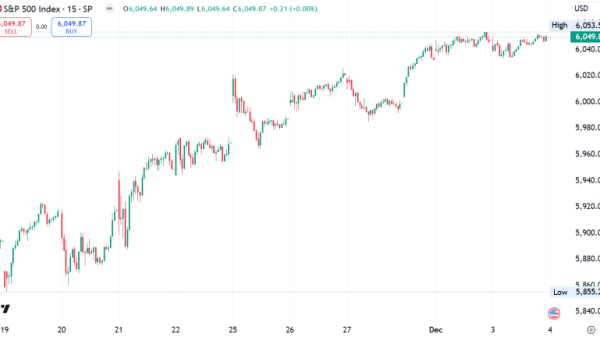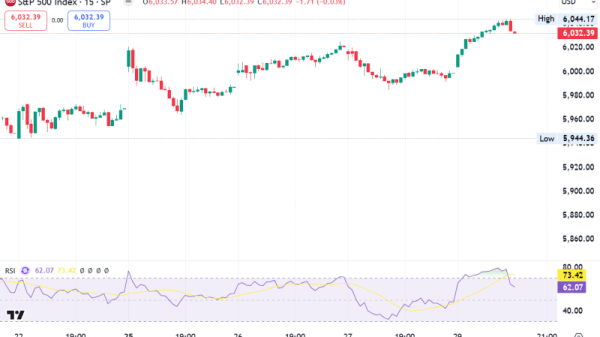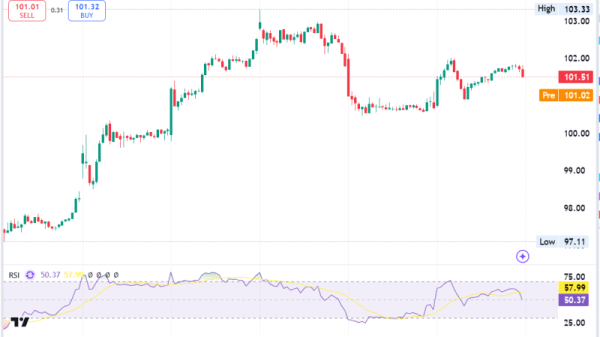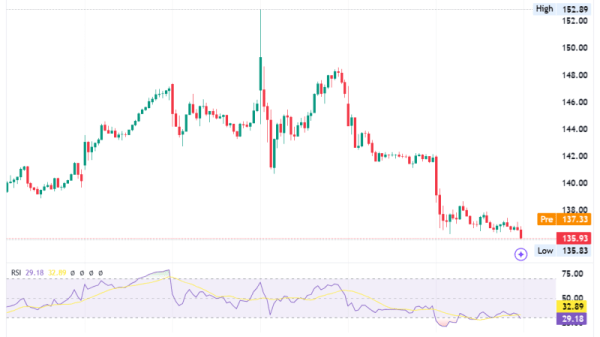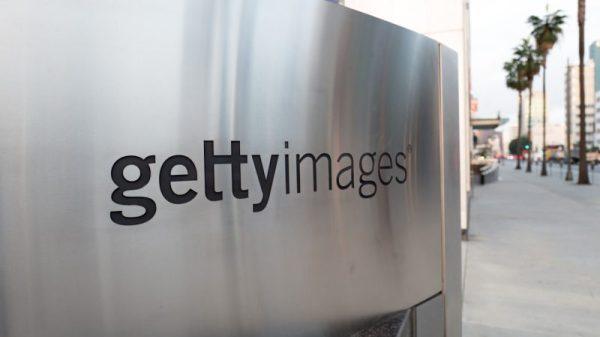By Jonathan Stempel
(Reuters) – Google failed to persuade a federal judge to dismiss a privacy class action claiming it collected personal data from people’s cellphones after they switched off a button to stop the tracking, paving the way for a possible August trial.
Chief Judge Richard Seeborg of the federal court in San Francisco rejected arguments that the search engine company adequately disclosed how its Web & App Activity settings worked, and that users consented to the tracking.
Google had also argued that its basic record-keeping “doesn’t hurt anyone.”
Users of Android and non-Android mobile devices accused Google of invading their privacy and violating a California law against unauthorized fraudulent computer access by intercepting and saving their personal browsing histories without consent.
In a 20-page decision on Tuesday, Seeborg said reasonable users could view Google’s conduct as “highly offensive,” because the company collected data despite fielding concerns from several employees and knowing its disclosures were ambiguous.
He cited internal communications suggesting that Google, a unit of Alphabet (NASDAQ:GOOGL), was intentionally vague in distinguishing between data collected inside and outside Google accounts because users might find the truth “alarming.”
On the other hand, Seeborg said the Google employees might simply have been suggesting ways to improve the Mountain View, California-based company’s products and services.
“Whether Google or plaintiffs’ interpretation prevails is a triable issue of fact,” he wrote.
Google and its lawyers did not immediately respond to requests for comment on Wednesday. Lawyers for the plaintiffs did not immediately respond to similar requests.
A jury trial is scheduled for Aug. 18. The lawsuit began in July 2020.
Last August, the federal appeals court in San Francisco revived a lawsuit accusing Google of tracking Chrome browser users after they chose not to synchronize their browsers with their Google accounts.
Four months earlier, Google agreed to destroy billions of data records to settle a lawsuit claiming it tracked people who thought they were browsing privately, including on Chrome browsers set to “Incognito” mode.
Law firms representing the plaintiffs in that case valued that settlement at more than $5 billion. The same firms represent the plaintiffs in the current case.
The case is Rodriguez et al v Google LLC, U.S. District Court, Northern District of California, No. 20-04688.

